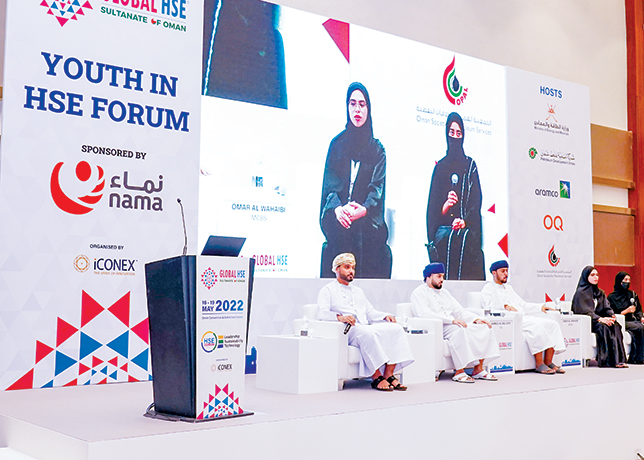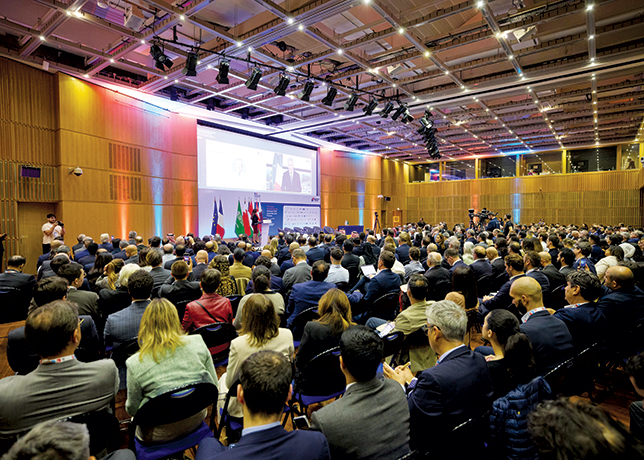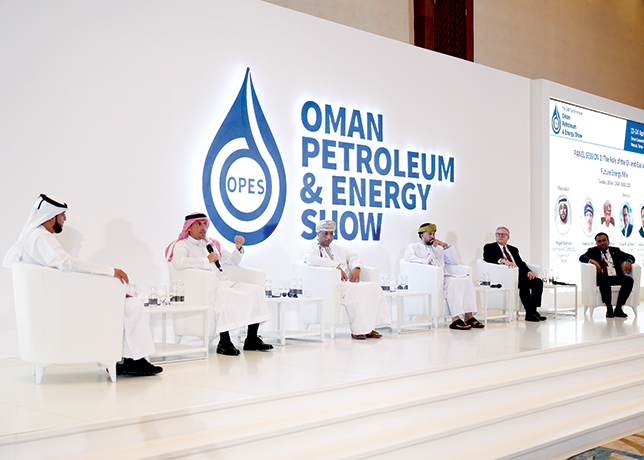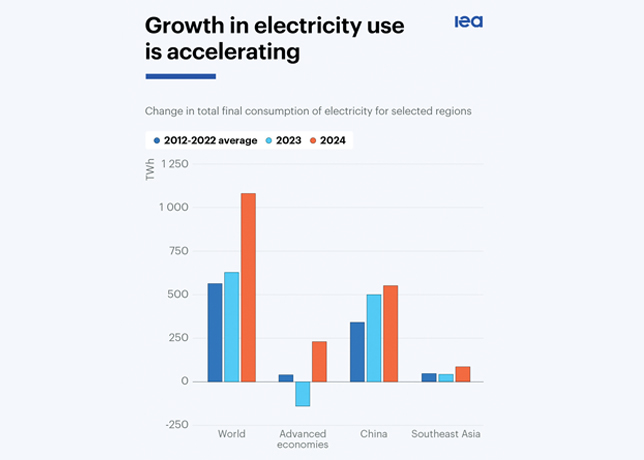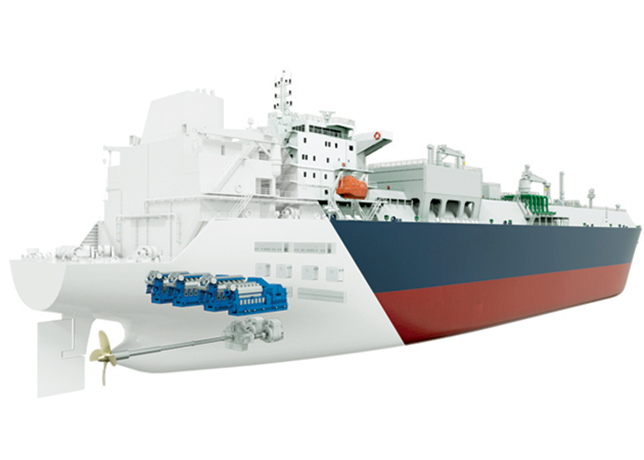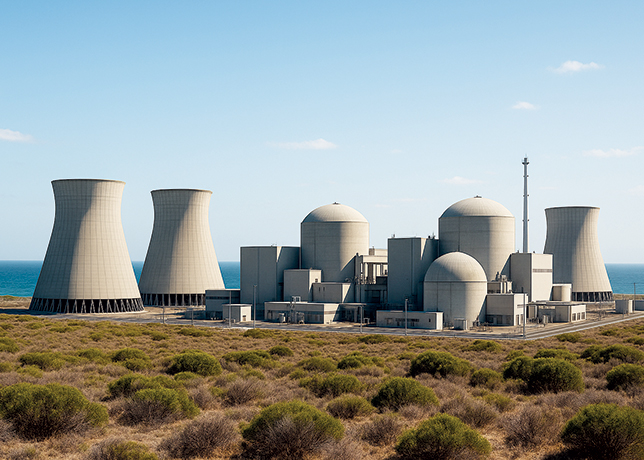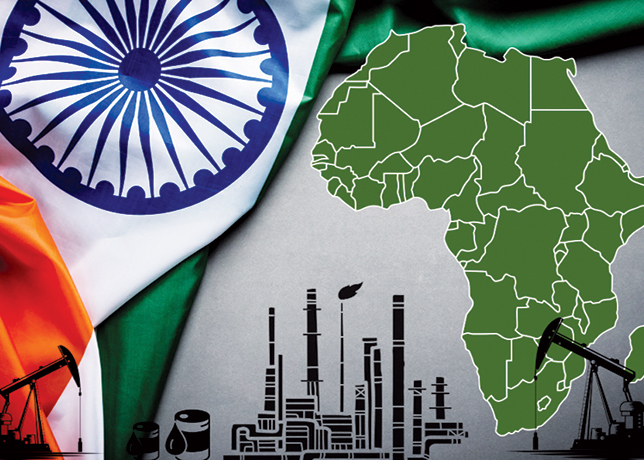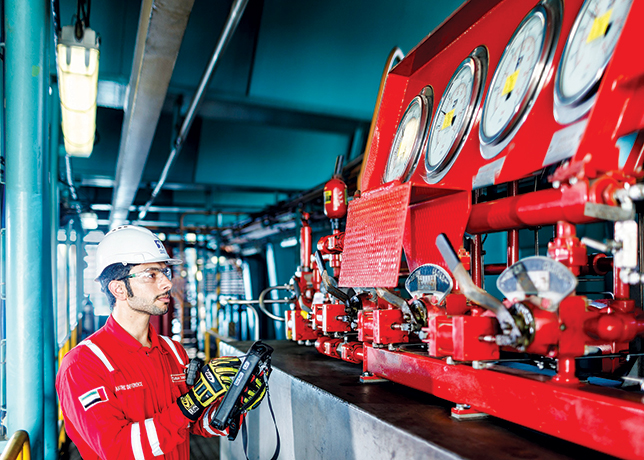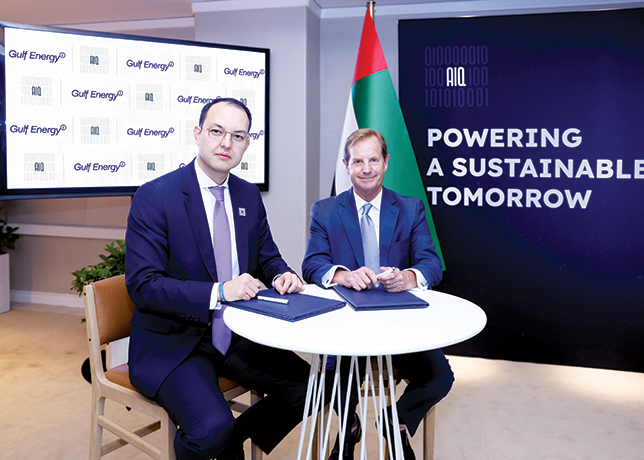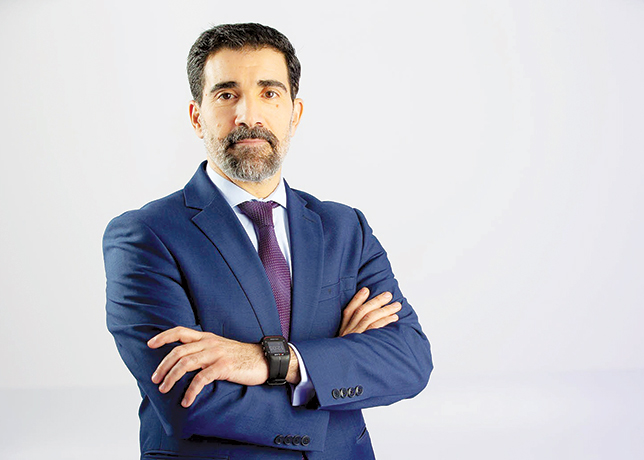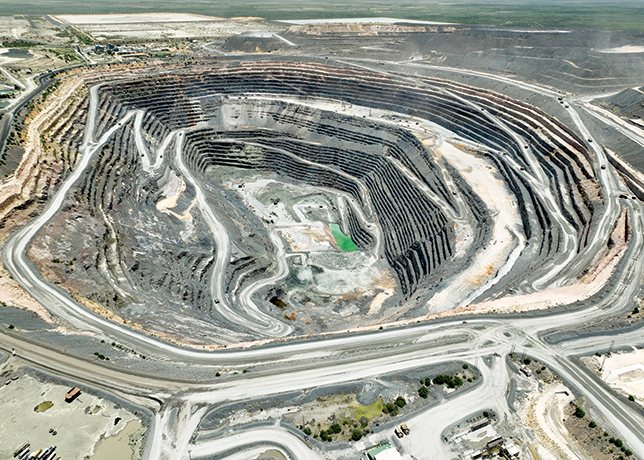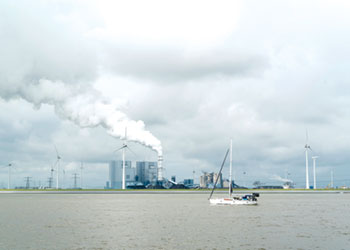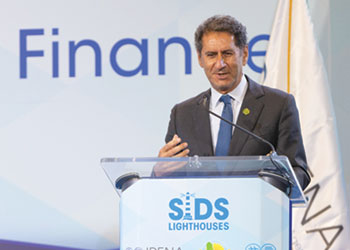
 Financing scenarios of ofshore wind projects
Financing scenarios of ofshore wind projects
A new report published by the World Bank’s Energy Sector Management Assistance Program (ESMAP) and the International Finance Corporation (IFC) has urged for concessional climate financing to unlock offshore wind in emerging markets.
The report estimates that $15 billion in concessional climate financing, consisting of both grants and loans, could catalyse offshore wind deployment in up to ten emerging market countries.
As a large-scale, clean, reliable electricity source, offshore wind is critical to achieving global decarbonisation and the sustainable development goals.
The report, therefore, states that concessional climate financing for offshore wind investments could directly avoid 416 million metric tons (Mt) of greenhouse gas (GHG) emissions - equivalent to Turkey’s total annual CO2 emissions - over the life of the projects.
According to Gabriela Elisondo Azuela, ESMAP Manager: "Right now, there is the right technology, growing government ambition, and huge private sector interest to build up new offshore wind markets. But the development of offshore wind in emerging markets will not happen overnight - nor will it happen without support. Our new analysis sets a benchmark of the financing needs to unlock offshore wind’s benefits in emerging markets across the world."
Although the cost of offshore wind has dropped dramatically over the past decade, there will be an initial cost premium when developing offshore wind in emerging markets due to a variety of risks and constraints in establishing a new market.
Countries can overcome this cost through concessional climate finance and help reduce costs for future projects, laying the foundation for the development of successful offshore wind markets.
According to the report, concessional climate financing consisting of $4.8 billion of concessional public debt, $8.3 billion of concessional private debt, and $2.5 billion in grants over an initial five-year period would enable the development of 10 pathfinder projects between 500-1,000 MWs each, driving down the average levelised cost of electricity (LCOE) from $100 per megawatt-hour (MWh) to $70 per MWh.
Jamie Fergusson, Director of IFC’s Climate Business Department said: "Everyone wins if we can kick-start offshore wind in emerging markets. For donor countries, it represents a big-ticket solution to accelerate the pace of global decarbonisation, not to mention significant trade and export opportunities. For emerging markets, it would mean catalysing economic development and creating greater energy security. Ultimately, a coordinated public and private sector response to share the burden of the initial high costs will be essential to realise these wins for everyone."








